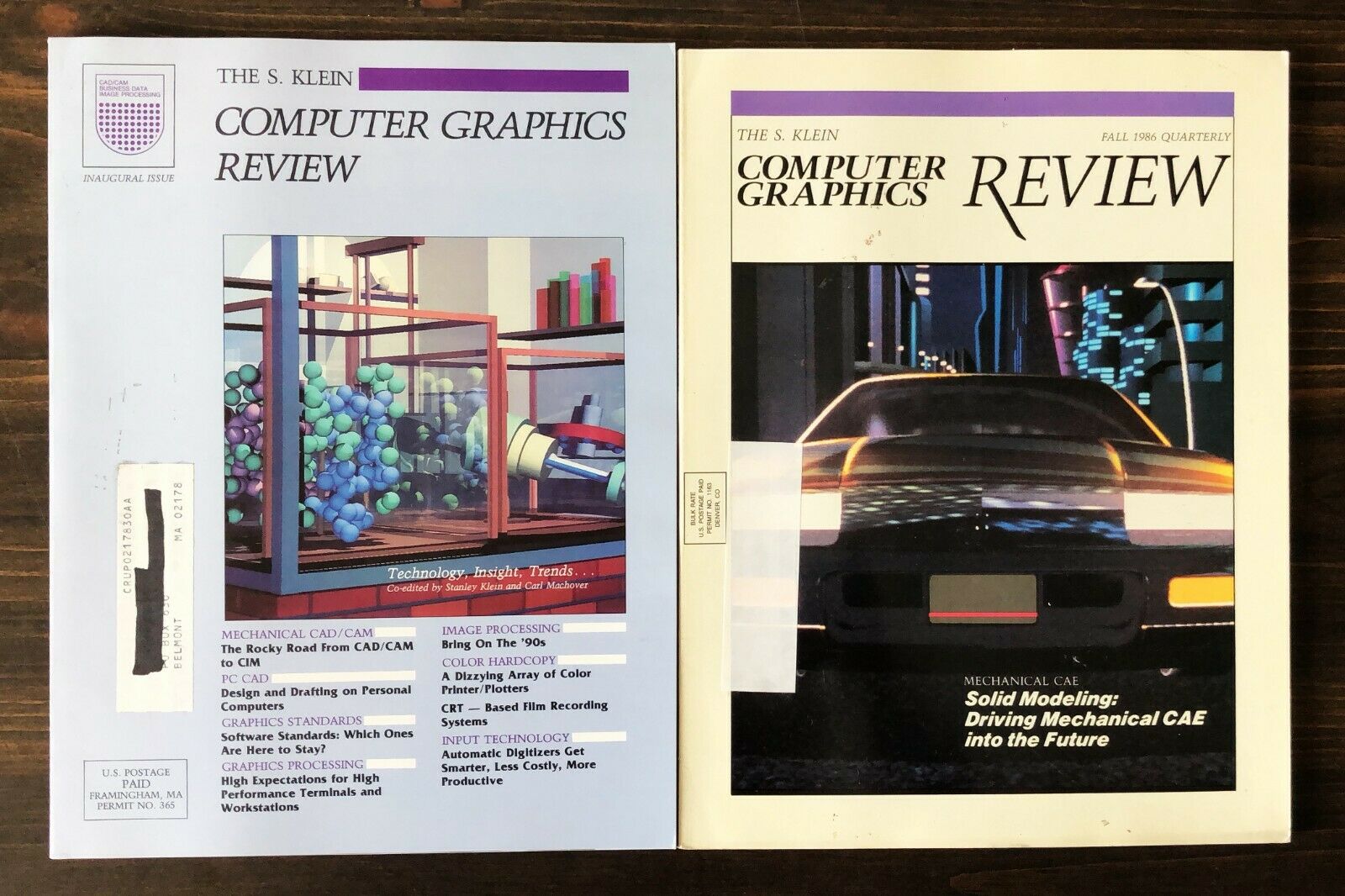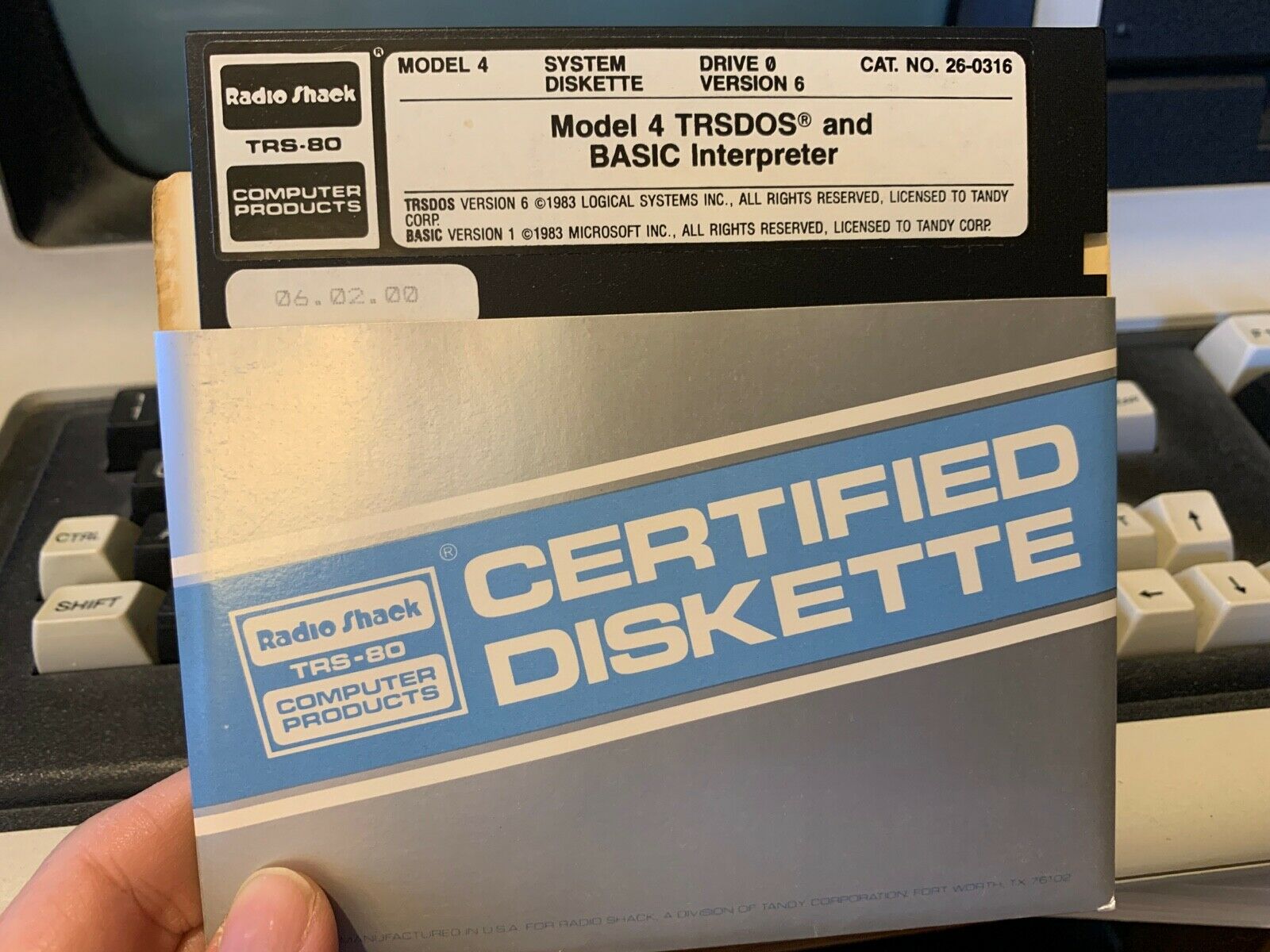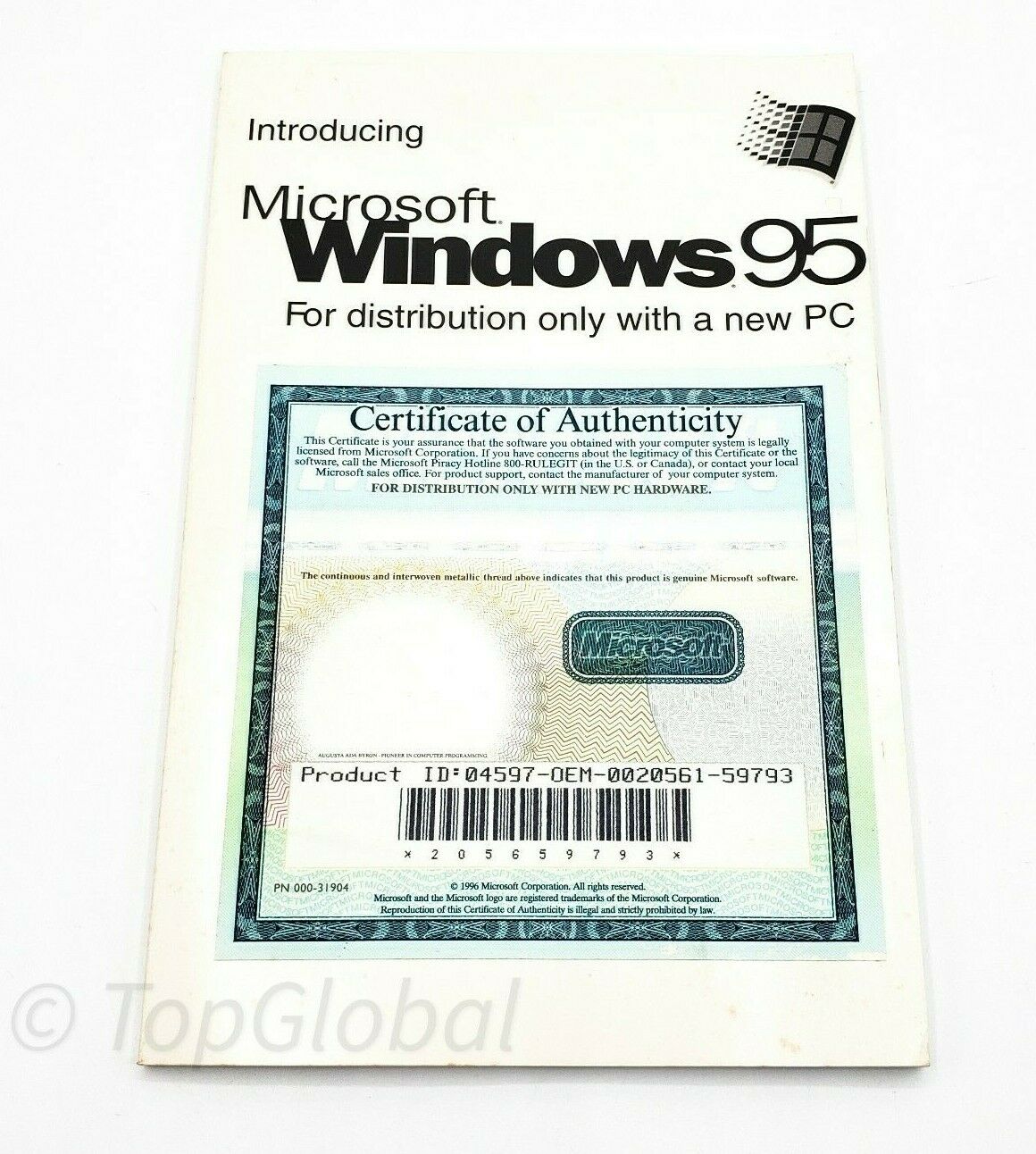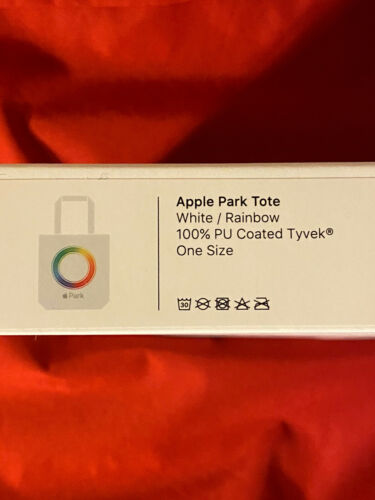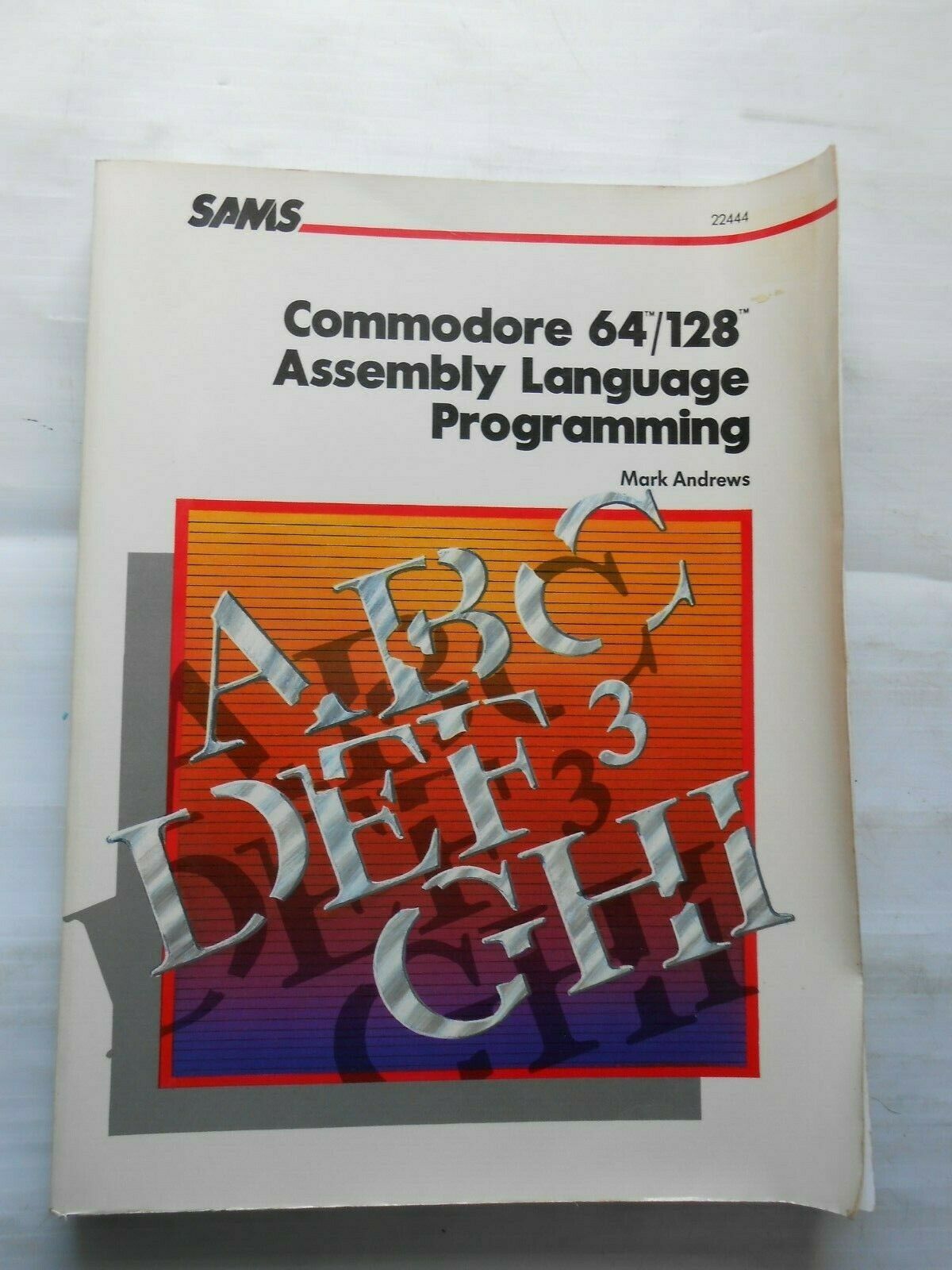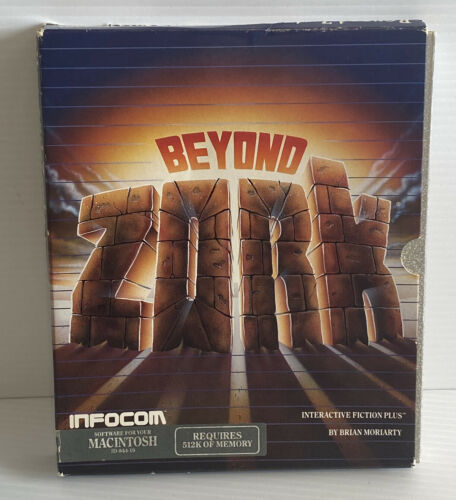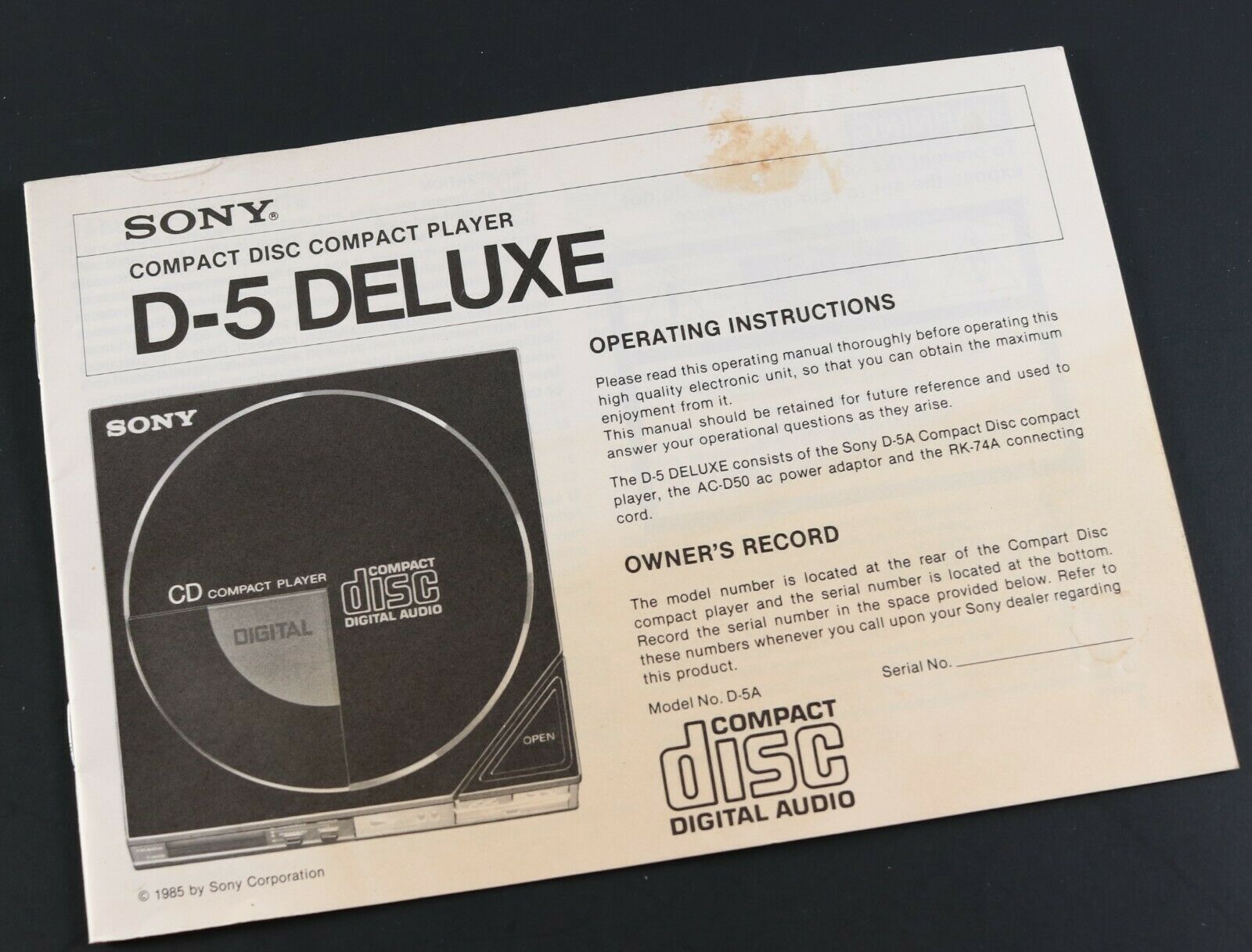-40%
Apple Computer - Vintage Apple IIe Lapel Pin
$ 15.83
- Description
- Size Guide
Description
Apple Computer - Vintage Apple IIe Lapel PinThis pin was a promotional item which coincided with the release of Apple Computer's Macintosh Plus computer in 1983.
This pin is in mint condition. It is still in the original packaging.
My father worked for Apple from 1979 - 1993.
The Apple IIe per Wikipedia.
The
Apple IIe
(styled as
Apple //e
) is the third model in the
Apple II series
of personal computers produced by
Apple Computer
. The
e
in the name stands for
enhanced
, referring to the fact that several popular features were now built-in that were formerly only available as upgrades or add-ons in earlier models. Improved expandability combined with the new features made for a very attractive general-purpose machine to first-time computer shoppers. As the last surviving model of the Apple II computer line before discontinuation, and having been manufactured and sold for nearly 11 years with relatively few changes, the IIe earned the distinction of being the longest-lived computer in Apple's history.
HISTORY
Apple Computer
planned to discontinue the
Apple II series
after the introduction of the
Apple III
in 1980; the company intended to clearly establish
market segmentation
by designing the Apple III to appeal to the business market, leaving the Apple II for home and education users. Management believed that "once the Apple III was out, the Apple II would stop selling in six months", cofounder
Steve Wozniak
later said.
[3]
By the time IBM released the rival
IBM PC
in 1981, the Apple II's technology was already four years old.
[4]
In September 1981
InfoWorld
reported—below the PC's announcement—that Apple was secretly developing three new computers "to be ready for release within a year":
Lisa
, "
Macintosh
", and "Diana". Describing the last as a software-compatible Apple II replacement—"A 6502 machine using custom
LSI
" and a simpler motherboard—it said that Diana "was ready for release months ago" but decided to improve the design to better compete with the
Xerox 820
. "Now it appears that when Diana is ready for release, it will offer features and a price that will make the Apple II uncompetitive", the magazine wrote.
[5]
"Apple's plans to phase out the Apple II have also been delayed by complications in the design of the Apple III", the article also said.
[5]
After the Apple III initially struggled, management decided in 1981 that the further continuation of the Apple II was in the company's best interest. After
3
+
1
⁄
2
years of the Apple II Plus, essentially at a standstill, came the introduction of a new Apple II model — the Apple IIe (codenamed "Diana" and "Super II"). The Apple IIe was released in January 1983, the successor to the
Apple II Plus
. The Apple IIe was the first Apple computer with a custom
ASIC
chip, which reduced much of the old discrete IC-based circuitry to a single chip. This change resulted in reducing the cost and size of the motherboard. Some of the hardware features of the Apple III (e.g. bank-switched memory) were borrowed in the design of the Apple IIe, and some from incorporating the Apple II Plus Language card. The culmination of these changes led to increased sales and greater market share of home, education, and small business use.

